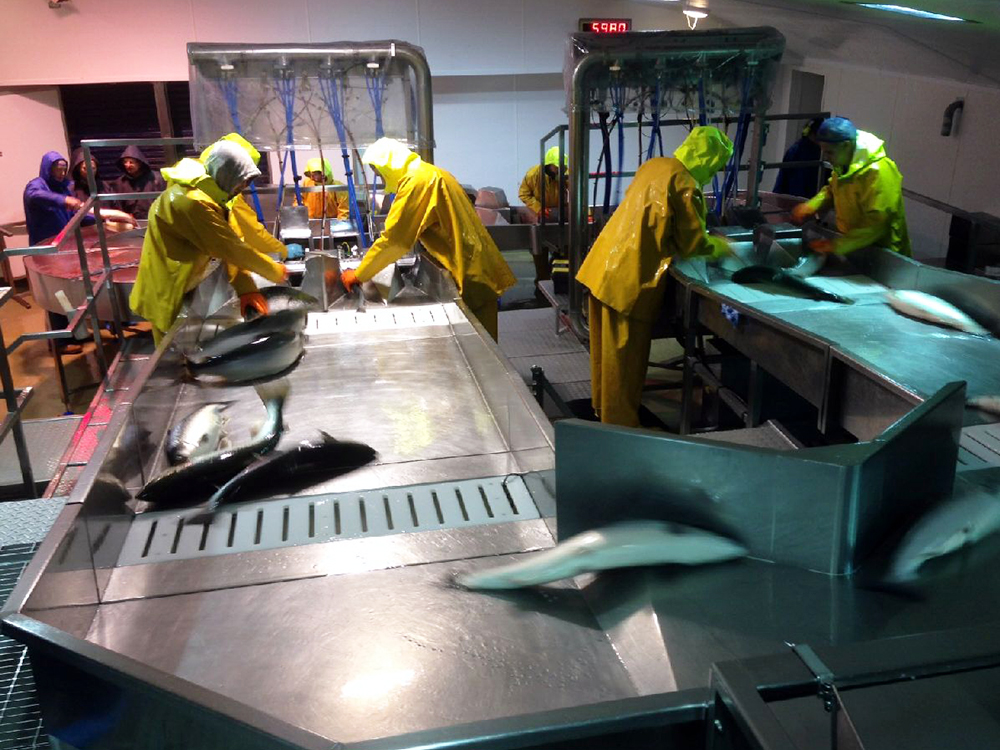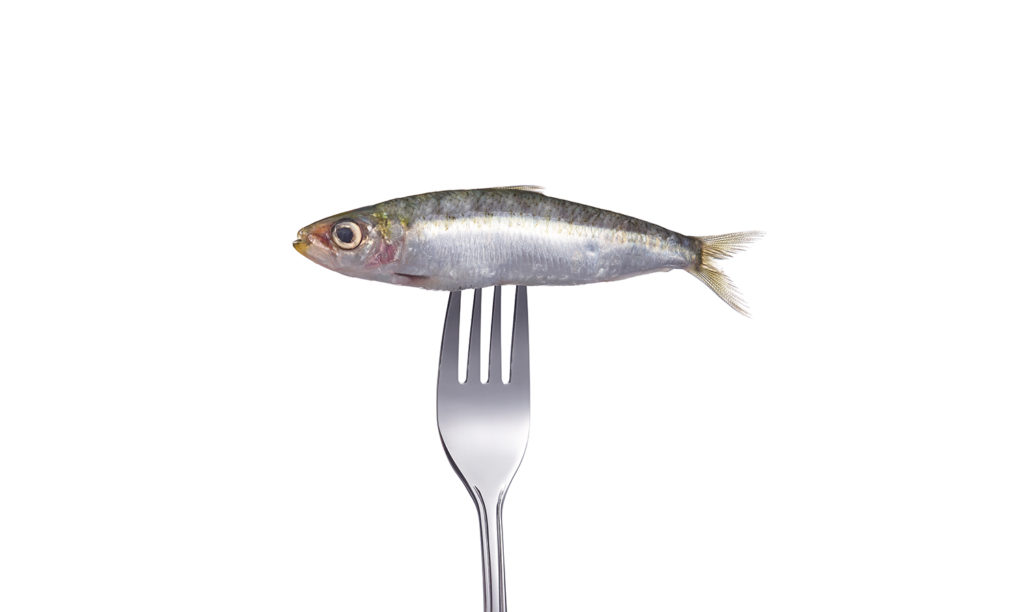Findings to enable ‘informed and more targeted application’ of isoeugenol anesthesia in the interest of animal welfare

A research team at the University of Bayreuth has investigated the mode of action of isoeugenol in fish and whether the anesthetic impairs the sensory systems of fish or blocks the transmission of sensory information taken up from the environment to the brain – or whether it prevents the processing of this information in the brain.
“Isoeugenol is a very effective anesthetic in fish, used for example during the treatment of fish against parasites,” said Dr. Peter Machnik, first author and a research associate at the school’s department of animal physiology. “However, it was previously unclear what the anesthetic effect of isoeugenol is based on.”
The study, published in Communications Biology, shows how and in what doses the active ingredient affects the perception and transmission of sensory stimuli and their processing in the brain of fish. The findings will enable the informed and more targeted application of isoeugenol anesthesia in the interest of animal welfare.
“We were able to demonstrate that isoeugenol mainly affects the sensory systems of fish (i.e., it prevents them from taking up information from the environment),” said Machnik. “Even comparatively small amounts of isoeugenol massively reduce vision, significantly higher doses are required to switch off hearing. However, all sensory systems recover quickly and completely after isoeugenol administration.”
The new findings do not support the assumption that isoeugenol blocks sodium channels in the central nervous system of fish, thereby preventing the processing of sensory information in the brain. Primarily, the active ingredient acts as a local anesthetic. The researchers detected an effect on central neurons only when high doses were administered, but this effect was not reconciled with the idea of a blockade of sodium channels.
The researchers consider isoeugenol to be an anesthetic that, when used in an aimed manner, is suitable for reducing stress and pain in fish, both in scientific research and in fish farming. It has not only an anesthetic but also a sedative effect on the fish.
Isoeugenol has proven unsuitable as an anesthetic during invasive procedures or for calming fish while their sensory systems are being studied, for example in studies on sensory systems – if only because the present study has shown that the same dosage has very different effects on different fish and the desired reducing effect is not always guaranteed.
“We recently presented the study at the meeting of the German Neuroscience Society in Göttingen. Our results on the effects of isoeugenol met with a great deal of scientific interest,” said Dr. Stefan Schuster, Chair of Animal Physiology at the University of Bayreuth. “They were seen as a valuable contribution to future animal welfare because isoeugenol is now used in many fish farms worldwide without precise knowledge of its effects and of the necessary dosages.”
Follow the Advocate on Twitter @GSA_Advocate
Now that you've reached the end of the article ...
… please consider supporting GSA’s mission to advance responsible seafood practices through education, advocacy and third-party assurances. The Advocate aims to document the evolution of responsible seafood practices and share the expansive knowledge of our vast network of contributors.
By becoming a Global Seafood Alliance member, you’re ensuring that all of the pre-competitive work we do through member benefits, resources and events can continue. Individual membership costs just $50 a year.
Not a GSA member? Join us.
Author
Tagged With
Related Posts

Health & Welfare
Fish producers benefit from humane slaughter techniques
EU legislation requires farmed fish be spared unnecessary pain, distress or suffering at slaughter, and efficient manual and automated systems have been developed to help achieve this goal. What’s more, longer shelf life and improved flesh quality have been reported.

Health & Welfare
Ace Aquatec launches in-water portable prawn stunner to improve aquaculture welfare
The company's Prawn Humane Stunner Universal can stun prawns unconscious in less than one second, improving animal welfare in aquaculture.

Health & Welfare
Australian aquaculture producer adopts in-water stunning technology to enhance animal welfare
Aquna Sustainable Murray Cod is installing an in-water electrical stunner to enhance animal welfare for its farmed fish.

Health & Welfare
Study ties animal welfare practices to consumer purchasing
There’s an opportunity to expand the U.S. market for farmed seafood if the aquaculture industry were to more widely adopt humane production practices, according to a study by Changing Tastes and Datassential.



